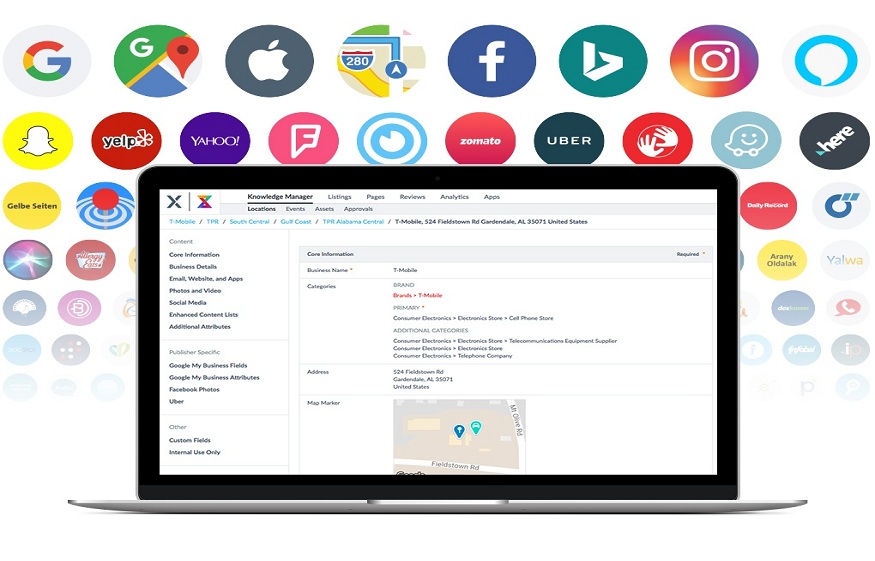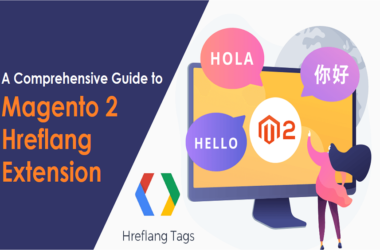In the world of online marketing, search engine visibility is everything. But when it comes to optimizing your business for search, two approaches often stand out — Yext SEO and traditional SEO. Both play key roles in helping businesses appear in search results, but they work in very different ways.
If you’re a local business owner wondering which one is better for driving customers to your store, this article breaks down the differences and helps you decide which approach fits your needs best.
What Is Yext SEO?
Yext SEO focuses on managing your online business listings across multiple platforms such as Google, Bing, Yelp, Facebook, Apple Maps, and more. The Yext platform helps ensure your business name, address, phone number, and hours of operation are accurate everywhere.
Essentially, Yext SEO is about local listing management — keeping your business information consistent across the web. Consistency in business data signals trust and accuracy to search engines, which can improve your local rankings, especially in Google Maps and local “3-pack” results.
What Is Traditional SEO?
Traditional SEO focuses on optimizing your website and overall online presence to rank higher in search results. This includes keyword research, on-page optimization, link building, technical improvements, and content marketing.
Traditional SEO aims to increase your organic website visibility, bringing traffic from a wide range of search queries — not just local ones. It’s a long-term strategy designed to build authority, attract organic visitors, and grow your brand online.
Key Differences Between Yext SEO and Traditional SEO
| Factor | Yext SEO | Traditional SEO |
| Main Focus | Business listing accuracy & local visibility | Website optimization & organic search ranking |
| Best For | Local and multi-location businesses | Online and national brands |
| Speed of Results | Fast (2–4 weeks) | Slower (3–6 months) |
| Ongoing Cost | Subscription-based | Project or monthly SEO retainer |
| Primary Benefit | Improves map rankings & local consistency | Builds authority, backlinks & organic growth |
1. Local Visibility vs. Organic Reach
If your goal is to attract customers searching “near me”, Yext SEO is the clear winner. It strengthens your visibility in map listings and local directories, ensuring your business shows up when nearby customers are searching.
However, if you want to reach a broader audience — maybe outside your city or even nationwide — traditional SEO provides better long-term reach through keyword-focused content and backlinks.
2. Speed and Maintenance
Yext SEO delivers faster results because it fixes inconsistencies in your business information almost instantly. Once your listings are verified and synced, search engines begin to trust your brand’s data.
Traditional SEO, on the other hand, takes more time. Ranking a website organically involves steady work — publishing valuable content, earning backlinks, and improving technical elements. It’s slower but more sustainable in the long run.
3. Control and Ownership
With Yext, your listings are managed through their platform. It’s convenient, but if you stop the subscription, some listings may revert or lose priority updates.
Traditional SEO gives you full control and ownership of your website and content. The authority and ranking you build over time remain yours, even if you stop active campaigns for a while.
4. Cost and ROI
Yext SEO is typically a subscription-based service, which can cost from $200 to $1,000+ per year depending on the number of listings and locations. It’s cost-effective for local businesses that rely heavily on foot traffic.
Traditional SEO generally requires a larger upfront investment (for content, link-building, and audits) but tends to yield higher ROI over time as organic traffic grows.
5. Reputation and Review Management
Yext SEO includes built-in tools for review monitoring and reputation management. You can respond to reviews from Google, Yelp, and Facebook directly through one dashboard.
Traditional SEO doesn’t usually offer that function — it’s more about optimizing your website rather than managing reviews. For local businesses, this Yext feature can be a significant advantage.
6. Ideal Use Case for Each
- Choose Yext SEO if:
- You have a physical storefront or multiple business locations.
- You want to appear in Google Maps and voice assistant searches.
- You need to fix inconsistent or outdated business listings quickly.
- Choose Traditional SEO if:
- You want to build long-term organic authority.
- Your business serves a wide region or sells products online.
- You want to generate blog traffic and rank for competitive keywords.
Which Works Better for Local Businesses?
For purely local businesses — like restaurants, salons, clinics, or repair shops — Yext SEO provides faster, more direct benefits. Accurate listings mean more phone calls, more visits, and more reviews.
However, the best results come from combining both. Yext SEO ensures your data is consistent and visible locally, while traditional SEO strengthens your website, builds trust, and drives long-term growth.
Together, they form a complete strategy: Yext SEO for immediate visibility, and traditional SEO for sustainable online dominance.
Final Thoughts
The debate of Yext SEO vs. traditional SEO isn’t about which is “better” overall — it’s about which fits your business goals.
If your priority is quick local results, choose Yext SEO. If you want lasting growth and authority, focus on traditional SEO. But for the best outcome, use both. Keep your listings accurate with Yext while continuously improving your website through proven SEO techniques.






